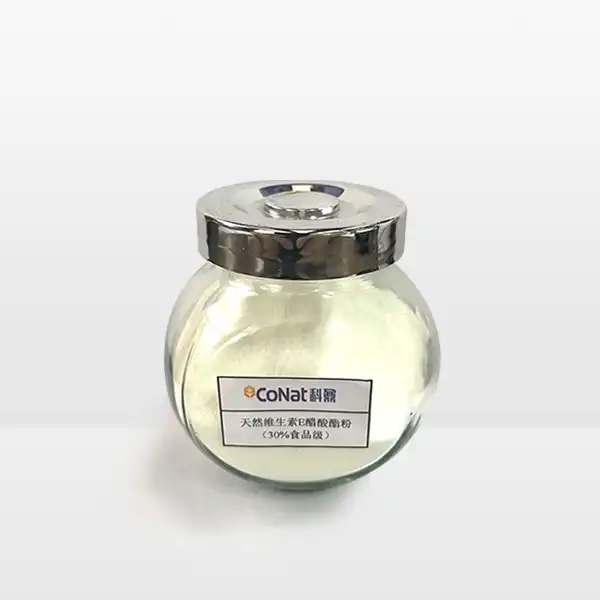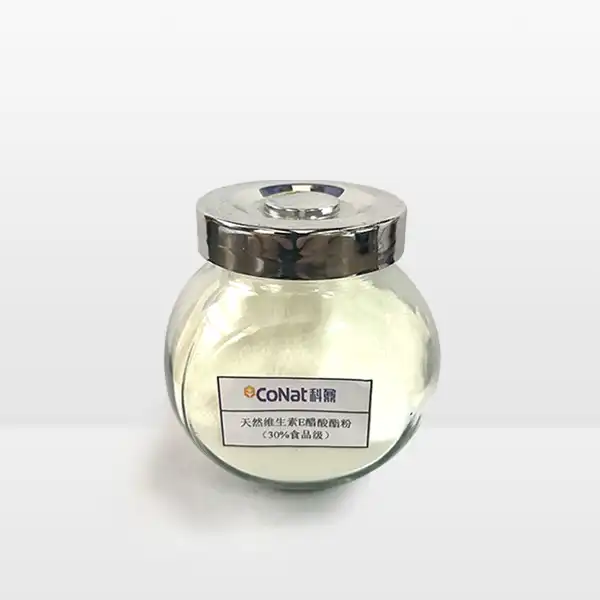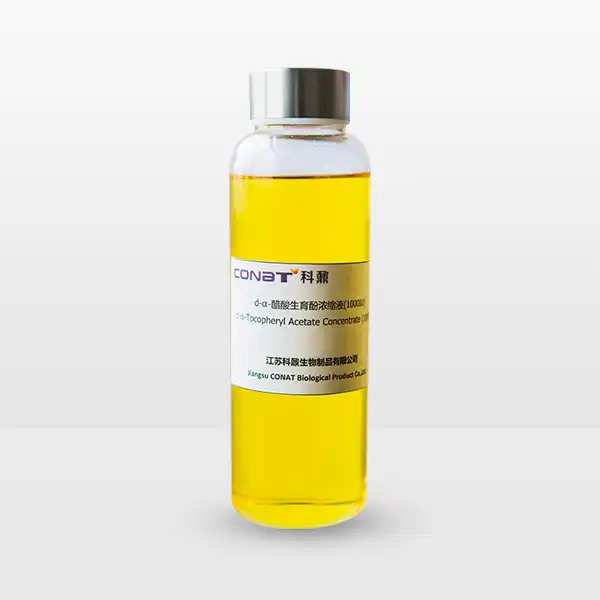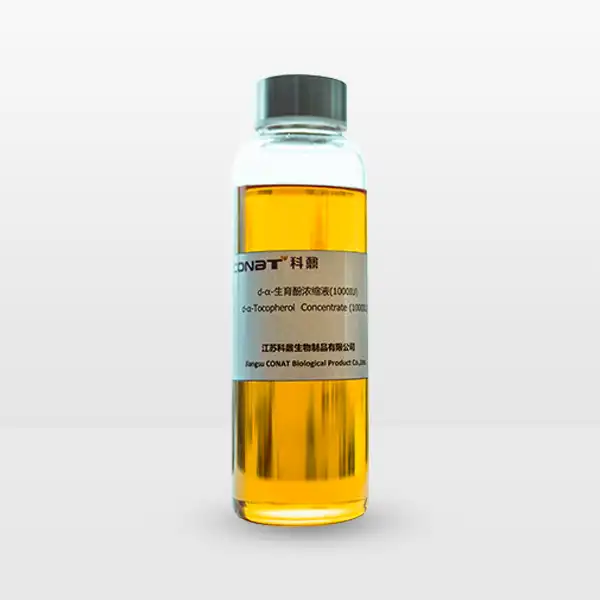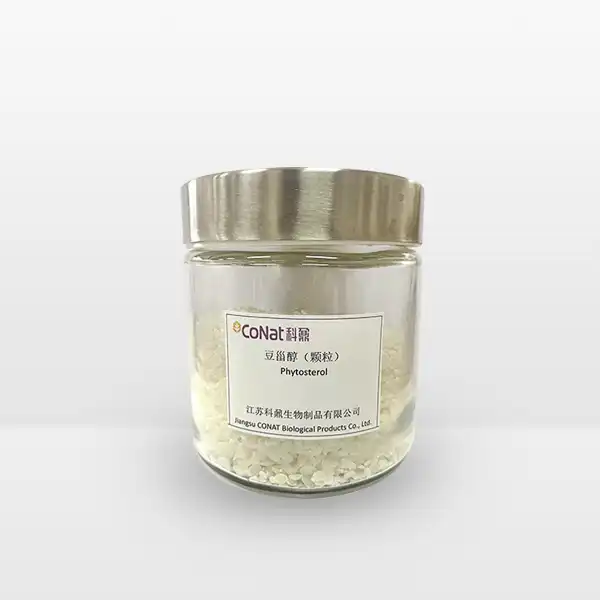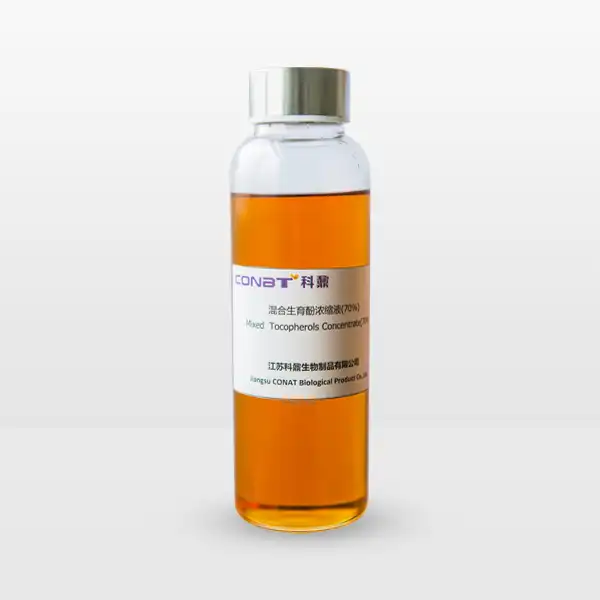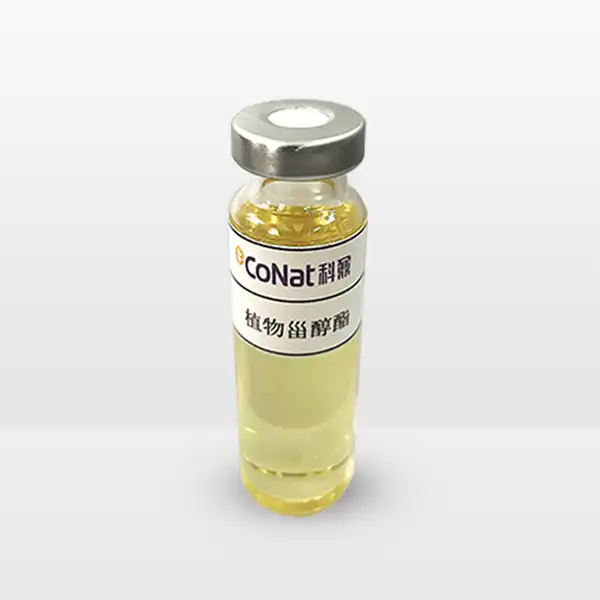- English
- French
- German
- Portuguese
- Spanish
- Russian
- Japanese
- Korean
- Arabic
- Greek
- German
- Turkish
- Italian
- Danish
- Romanian
- Indonesian
- Czech
- Afrikaans
- Swedish
- Polish
- Basque
- Catalan
- Esperanto
- Hindi
- Lao
- Albanian
- Amharic
- Armenian
- Azerbaijani
- Belarusian
- Bengali
- Bosnian
- Bulgarian
- Cebuano
- Chichewa
- Corsican
- Croatian
- Dutch
- Estonian
- Filipino
- Finnish
- Frisian
- Galician
- Georgian
- Gujarati
- Haitian
- Hausa
- Hawaiian
- Hebrew
- Hmong
- Hungarian
- Icelandic
- Igbo
- Javanese
- Kannada
- Kazakh
- Khmer
- Kurdish
- Kyrgyz
- Latin
- Latvian
- Lithuanian
- Luxembou..
- Macedonian
- Malagasy
- Malay
- Malayalam
- Maltese
- Maori
- Marathi
- Mongolian
- Burmese
- Nepali
- Norwegian
- Pashto
- Persian
- Punjabi
- Serbian
- Sesotho
- Sinhala
- Slovak
- Slovenian
- Somali
- Samoan
- Scots Gaelic
- Shona
- Sindhi
- Sundanese
- Swahili
- Tajik
- Tamil
- Telugu
- Thai
- Ukrainian
- Urdu
- Uzbek
- Vietnamese
- Welsh
- Xhosa
- Yiddish
- Yoruba
- Zulu
Can D Alpha-Tocopherol Acetate Powder Improve Immune Function?
In the realm of nutritional science, d alpha-tocopherol acetate powder has emerged as a fascinating supplement with potential implications for immune system support. This powerful form of vitamin E has captured the attention of researchers and health enthusiasts alike, promising a natural approach to bolstering the body's defensive mechanisms. As individuals increasingly seek ways to optimize their immune health, understanding the intricate relationship between this specific vitamin E formulation and immune function becomes paramount.
How Does D Alpha-Tocopherol Acetate Support Immune Health?
The human immune system represents an incredibly complex network of cells, tissues, and molecular mechanisms working in harmony to protect the body from external threats. D alpha-tocopherol acetate, a potent form of vitamin E, plays a nuanced and critical role in supporting these intricate defensive processes. At its core, this compound operates as a powerful antioxidant, providing fundamental protection to immune cells against oxidative stress and potential cellular damage.
Molecular research has revealed that D Alpha-Tocopherol Acetate Powder interacts with immune cells in profoundly sophisticated ways. Specifically, it enhances the function of T-lymphocytes, critical white blood cells responsible for coordinating immune responses. These cells play a pivotal role in identifying and neutralizing potential pathogens, and vitamin E has been shown to improve their proliferation and activation mechanisms. The acetate form of vitamin E demonstrates enhanced stability and bioavailability, ensuring more efficient cellular absorption and utilization.
Studies have demonstrated that d alpha-tocopherol acetate supports immune function through multiple complementary pathways. It helps modulate inflammatory responses, preventing excessive inflammation that could potentially compromise immune efficiency. By reducing pro-inflammatory cytokines and supporting balanced immune cell signaling, this compound helps maintain an optimal immunological environment. Furthermore, its antioxidant properties protect immune cells from free radical damage, which can otherwise compromise their structural integrity and functional capabilities.
The immunomodulatory effects of d alpha-tocopherol acetate extend beyond direct cellular protection. Research indicates that this vitamin E variant influences gene expression related to immune response, potentially enhancing the body's inherent ability to recognize and respond to various pathogens. By supporting cellular communication and signaling mechanisms, it contributes to a more responsive and adaptive immune system.
Interestingly, the compound's impact is particularly pronounced during periods of increased physiological stress. Athletes, individuals experiencing high-stress environments, and those with compromised immune systems may find particular benefit from targeted supplementation. The ability of D Alpha-Tocopherol Acetate Powder to mitigate oxidative stress and support cellular resilience makes it a promising nutritional intervention for maintaining robust immune function.
Can Vitamin E Supplementation Enhance Your Body's Defensive Mechanisms?
Vitamin E supplementation represents a strategic approach to supporting comprehensive immune health. D alpha-tocopherol acetate, as a highly bioavailable form of vitamin E, offers unique advantages in this context. Its molecular structure allows for more efficient absorption and utilization compared to other vitamin E variants, making it an attractive option for individuals seeking targeted immune support.
The immunological benefits of vitamin E supplementation are rooted in its multifaceted interactions with immune system components. Research has consistently demonstrated that adequate vitamin E levels correlate with improved immune cell function, particularly among aging populations and individuals with chronic health conditions. The acetate form specifically provides enhanced stability, ensuring more consistent and reliable immune system support.
Cellular studies have illuminated the mechanisms through which d alpha-tocopherol acetate influences immune responses. It appears to enhance natural killer cell activity, critical for identifying and eliminating potentially cancerous or virus-infected cells. This enhanced cellular surveillance mechanism represents a fundamental aspect of maintaining comprehensive immune health. Moreover, the compound supports B-cell function, improving antibody production and adaptive immune responses.
Nutritional immunology research suggests that vitamin E supplementation can be particularly beneficial during seasons of increased pathogenic exposure or when individual immune resilience might be compromised. The compound's ability to reduce oxidative stress and support cellular membrane integrity contributes to more robust immune cell performance. This is especially significant for populations experiencing chronic stress, environmental challenges, or age-related immune system decline.
Interestingly, the immunomodulatory effects of D Alpha-Tocopherol Acetate Powder extend beyond direct cellular protection. Emerging evidence suggests potential interactions with gut microbiome composition, an increasingly recognized factor in overall immune system functionality. By supporting a balanced inflammatory response and protecting beneficial intestinal bacteria, this vitamin E variant may contribute to more comprehensive immune system health.
What Makes D Alpha-Tocopherol Acetate a Powerful Immune System Ally?
The unique molecular characteristics of d alpha-tocopherol acetate distinguish it as a particularly potent immune system supporter. Unlike standard vitamin E supplements, this specific formulation offers enhanced stability and bioavailability, ensuring more efficient cellular absorption and utilization. Its chemical structure allows for more targeted interactions with immune system components, providing nuanced and sophisticated support.
At the molecular level, d alpha-tocopherol acetate demonstrates remarkable capabilities in supporting immune cell function. Its antioxidant properties protect cellular structures from oxidative damage, a critical factor in maintaining immune system resilience. By neutralizing free radicals and reducing oxidative stress, this compound helps preserve the structural and functional integrity of immune cells, enabling more effective pathogen response.
Comprehensive immunological research has highlighted the compound's ability to modulate complex immune responses. It supports the delicate balance between pro-inflammatory and anti-inflammatory mechanisms, preventing excessive immune activation while maintaining robust defensive capabilities. This balanced approach is crucial in preventing chronic inflammatory conditions and supporting overall immune system efficiency.
The compound's impact extends to genetic and epigenetic levels, potentially influencing immune-related gene expression. By supporting cellular communication pathways and signaling mechanisms, d alpha-tocopherol acetate contributes to a more adaptive and responsive immune system. This suggests potential long-term benefits beyond immediate immune cell protection.
Advanced research indicates potential synergistic effects when D Alpha-Tocopherol Acetate Powder is combined with other nutritional compounds. Its ability to enhance cellular communication and support comprehensive immune function makes it a valuable component of holistic nutritional strategies aimed at optimizing immune health.
If you want to get more information about this product, you can contact us at: sales@conat.cn.
References:
1. Meydani, S. N., et al. (2018). "Vitamin E and Immune Function." Nutrients, 10(11), 1734.
2. Traber, M. G. (2019). "Vitamin E Regulatory Mechanisms and Immune Function." Annual Review of Nutrition, 39, 45-67.
3. Rizvi, S., et al. (2020). "The Role of Vitamin E in Human Health and Some Diseases." Sultan Qaboos University Medical Journal, 20(2), e166-e179.
4. Zeisel, S. H. (2017). "Nutrition in Clinical Practice: A Comprehensive Guide." Wolters Kluwer Health.
5. Klein, E. A., et al. (2019). "Vitamin E and the Risk of Prostate Cancer: Updated Results of the Selenium and Vitamin E Cancer Prevention Trial (SELECT)." JAMA, 321(12), 1178-1186.
6. Péter, S., et al. (2018). "The Role of Micronutrients in Immune Function." Nutrients, 10(12), 1933.
7. Calder, P. C. (2020). "Nutrition, Immunity and COVID-19." BMJ Nutrition, Prevention & Health, 3(1), 74-92.
8. Wu, D., et al. (2019). "Nutrition and Aging: Targeting Inflammation and Immune Function." Advances in Nutrition, 10(4), 611-626.
9. Bellavite, P., et al. (2018). "Oxidative Stress and Immune System." Antioxidants & Redox Signaling, 28(15), 1395-1418.
10. Mora, J. R., et al. (2017). "Vitamin Effects on the Immune System: Vitamins A and D Take Centre Stage." Nature Reviews Immunology, 17(9), 550-560.
